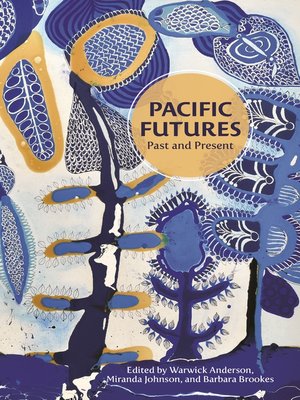
Sign up to save your library
With an OverDrive account, you can save your favorite libraries for at-a-glance information about availability. Find out more about OverDrive accounts.
Find this title in Libby, the library reading app by OverDrive.



Search for a digital library with this title
Title found at these libraries:
| Loading... |
How, when, and why has the Pacific been a locus for imagining different futures by those living there as well as passing through? What does that tell us about the distinctiveness or otherwise of this "sea of islands"? Foregrounding the work of leading and emerging scholars of Oceania, Pacific Futures brings together a diverse set of approaches to, and examples of, how futures are being conceived in the region and have been imagined in the past.
Individual chapters engage the various and sometimes contested futures yearned for, unrealized, and even lost or forgotten, that are particular to the Pacific as a region, ocean, island network, destination, and home. Contributors recuperate the futures hoped for and dreamed up by a vast array of islanders and outlanders—from Indigenous federalists to Lutheran improvers to Cantonese small business owners—making these histories of the future visible. In so doing, the collection intervenes in debates about globalization in the Pacific—and how the region is acted on by outside forces—and postcolonial debates that emphasize the agency and resistance of Pacific peoples in the context of centuries of colonial endeavor. With a view to the effects of the "slow violence" of climate change, the volume also challenges scholars to think about the conditions of possibility for future-thinking at all in the midst of a global crisis that promises cataclysmic effects for the region.
Pacific Futures highlights futures conceived in the context of a modernity coproduced by diverse Pacific peoples, taking resistance to categorization as a starting point rather than a conclusion. With its hospitable approach to thinking about history making and future thinking, one that is open to a wide range of methodological, epistemological, and political interests and commitments, the volume will encourage the writing of new histories of the Pacific and new ways of talking about history in this field, the region, and beyond.






